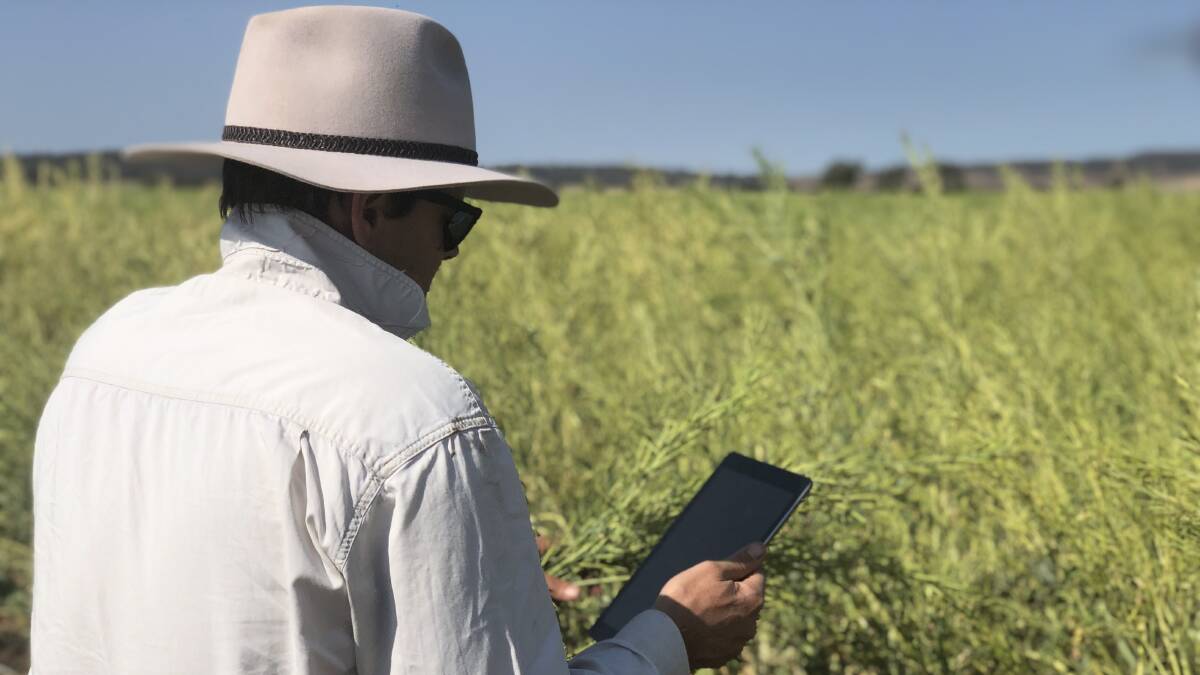
Farm data can be both an opportunity and a threat, as data collection becomes more automated and examples of third-party big data agencies increase the National Farmers' Federation is looking to developing policies and frameworks that not only protect farmers but also allow them to capitalise on the data they collect.
NFF Farm Data Working Group chair and agtech consultant Andrea Koch said farmers need to treat their data as an business asset, one that needs to be valued and protected in the same way a physical asset would be.
"It is important that farmers and producers start to understand what it means to manage their digital farm asset," she said.
"Over-time we will be putting policies and frameworks in place to make that happen."
Ms Koch said the Farm Data working group was part of a wider NFF Farm Data Stewardship initiative which came as a direct response to recommendations made by the industries Precision2Decision project.
"NFF has taken a leadership position in working through these issues of data governance around farm data and getting the industry " she said.
"Australia is a little bit behind other jurisdictions, including New Zealand, the US and Europe on putting some of these things in place, having said that we do have an amazing insight from the P2D project, particularly from the legal dimensions paper developed by Leanne Wiseman and Jay Sanderson."
Ms Koch said the core role of the working group was to look at what things could be put in place to ensure that the value that comes from data and aggregated farm data can flow back to farmers.
"The big picture is that we are in the process of the economy becoming digitised," she said.
"We have the internet-of-things coming where everything is connected up by sensor technology and various digital technologies via different networks to create big data sets.
"Then you have big data analysis which can lead to insights and new services and processes.
"The transition is happening really quickly. As that transition occurs we are having to grapple with what does it mean."
Ms Koch said industry and farmers needed to come to an understanding about the terms of use and governance of farm data.
"In a farm or agricultural context there is a grand vision that the farm will be connected up using sensing technologies and we are seeing that happen really quickly," she said.
Ms Koch said it was important that growers and producers had the ability to understand what was happening with their data, where is it going, how is it being shared and how is it being used.
"If you think about where we are now there are still a lot of services being provided on a handshake in the agricultural sector, and while that may have worked in the past as we move into a world where services provide data sets a handshake isn't enough," she said.
"One of our goals is to raise awareness amongst producers of the process and what they need to do to be on top of where there data is going.
"Farmers need to have agency around their own data sets."
Ms Koch said the working group was in the process of putting together a farm data code of practice, following the development of a framework for farm data management under the P2D project.
"A code of practice is the first step in creating a tool that industry can use," she said.
"We are aiming to have that available by early next year."
Ms Koch said the code would address a wide range of agricultural services and technology data sets including those generated through the internet-of-things, agronomic service and agricultural machinery.


